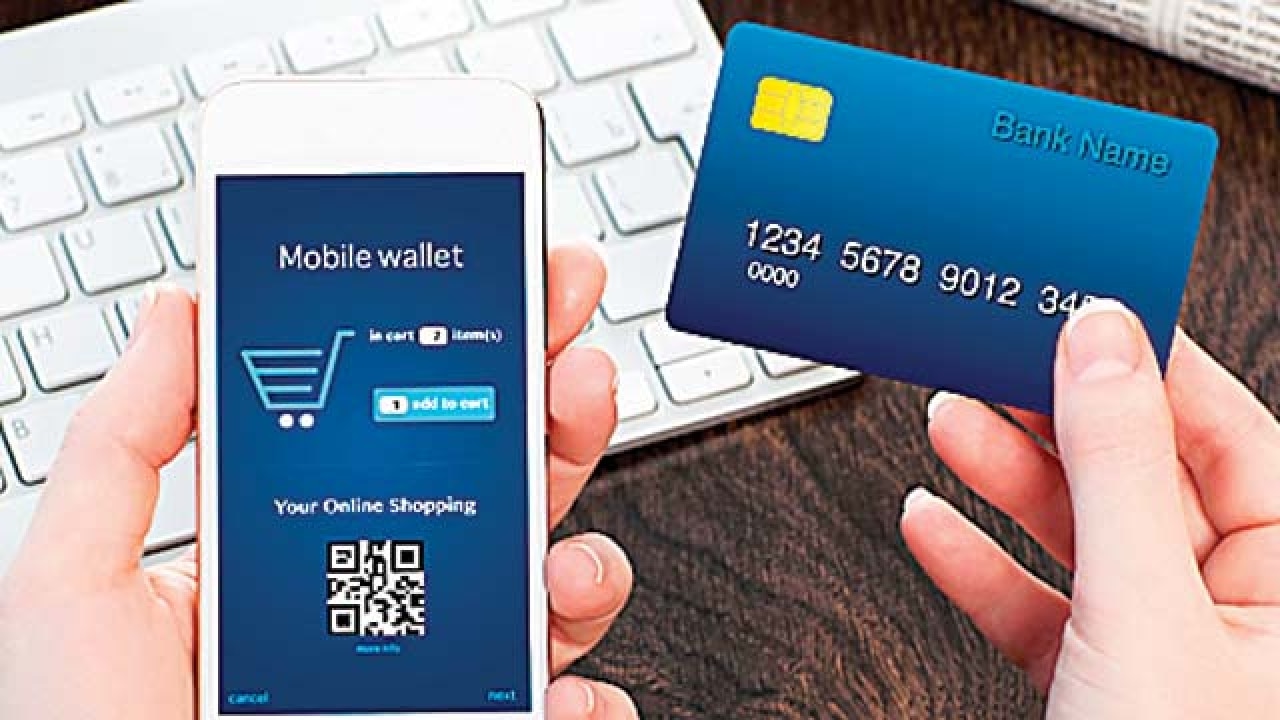
The world of payments has evolved over the past few years. This has not just added ease to our lives but also made transactions safer. The fintech revolution has given users a glimpse that the future of payments is going to be mobile-centric.
Interestingly the smartphone penetration in India is quite high, banking on which, in the last three years, 150 million digital wallets were created as opposed to the 20 million credit cards since their introduction in the 1990s.
This number alone has a lot of potential to shake up many different operations and getting the attention of telcos (Vodafone, Airtel, Idea), banks (HDFC, ICICI, SBI, Axis), standalone fintech startups (Paytm, Freecharge, Money on Mobile etc.) to come up with their own mobile wallets.
While the number of digital wallets is very high, the number of transactions using these wallets is comparatively lower than credit and debit cards. The wallet companies hope to change this customer behaviour with their aggressive marketing strategies and cashback focus. They are increasing their presence and acceptance network from online only to in-store, where 90% of India's transactions take place. But will you start using a wallet even after all these steps?
The question about security and what possible outcomes exist if your credit card info is stored on your smartphone continues to remain a key concern. Today, people distrust mobile wallets despite keeping their most private conversations and web browsing history on their phones. What's interesting in this debate is that people trust their devices but not the wallet functionality of their phones.
We are still a few months away from the time everyone starts using unified payment interface (UPI), till then let's discuss the functionality of a mobile wallet and what security measures have been taken to ensure safety.
A mobile wallet is the digital equivalent of a physical wallet. You can add money to a digital wallet online using a credit / debit card or your netbanking account, by loading money at an authorised outlet or through your company (which may have a tie up with a wallet to send your monthly food and entertainment entitlements directly to your wallet).
This pre-loaded amount can be spent at all the touch points where mobile wallet payments are accepted and the service provider authorises this transaction. The Reserve Bank of India (RBI) has stipulated a spending limit of Rs 10,000 for a non-verified user and Rs 100,000 for a verified user.
The number of security measures built into the wallet system is extensive and far exceeds the ones used by a physical credit card. One can easily make payments for their daily needs by just tapping their mobile phones without having to reach out to their physical wallets.
The promise of ease, convenience and cashback that service providers offer makes mobile wallets a preferred choice of payments. The customer no longer has to look for his/ her card and wait to make a payment, instead, s/he just gives her mobile number, confirms the payment and is on her way out. Thus reducing the hassle of inserting and removing the card, waiting for the charge slip or even waiting for change in case of a cash transaction. It is simple, quick and easy. On an average any mobile wallet user spends between Rs 250 and Rs 750 a day from their mobile wallets and pay for their daily commute, utility and even food bills.
The RBI has been taking steps to ensure that India migrates towards being a cashless economy. The number of mobile wallet users has outnumbered the number of credit card users in India. There are around 55 banks in India that issue credit cards and 84 wallet players.
Even though the number of mobile wallet users has increased in the country there are some factors that act as a barrier as far as its adoption is concerned. The fear of the unknown, fear of cybercrimes are the primary reasons for the apprehension. However, wallets are safer as they are pre-loaded and as per regulation at a time only Rs 10,000 can be loaded into them, unlike credit cards which tend to have a higher upper limit -- though you can reduce it by calling your bank. And unlike the debit or credit card purchase, made with a chip card, the actual data from the mobile wallet is never exposed. The data is scrambled via encryption and unscrambled via decryption when the payment is received. There are other security measures which are taken into consideration, when making a purchase using your phone. Your phone itself acts as a barrier which must be unlocked using a PIN, pattern or fingerprint code. Finally the transaction itself is encrypted and has to go through two-factor authentication and scrambled payment data.
This pin could either have been received by the customer on his phone as an SMS or is dynamically generated in their wallet app for this specific transaction. This provides a second factor of authentication (the first factor is the mobile number).
As customers move towards mobile, payments via mobile are inevitable. According to a recent report by Google and The Boston Consulting Group (BCG) digital payments industry in India will be $500 billion; contributing 15% to India's gross domestic product (GDP) and digital payments will be more than 60% of the transactions by 2020. Acceptance of digital payments will increase at the point of sale in stores. Bill Gates once said, 'Banking is necessary, banks are not', and with increasing digital transactions, that day isn't far.
(The writer is co-founder of ePaisa)